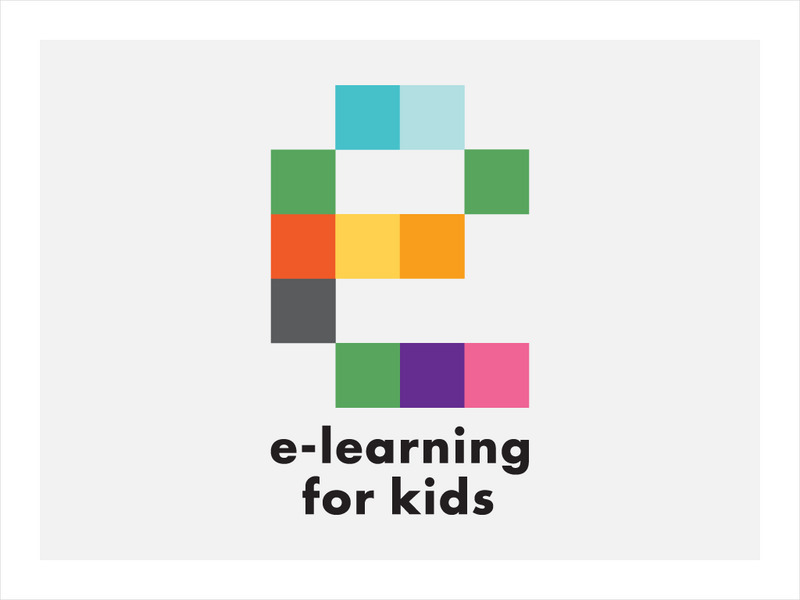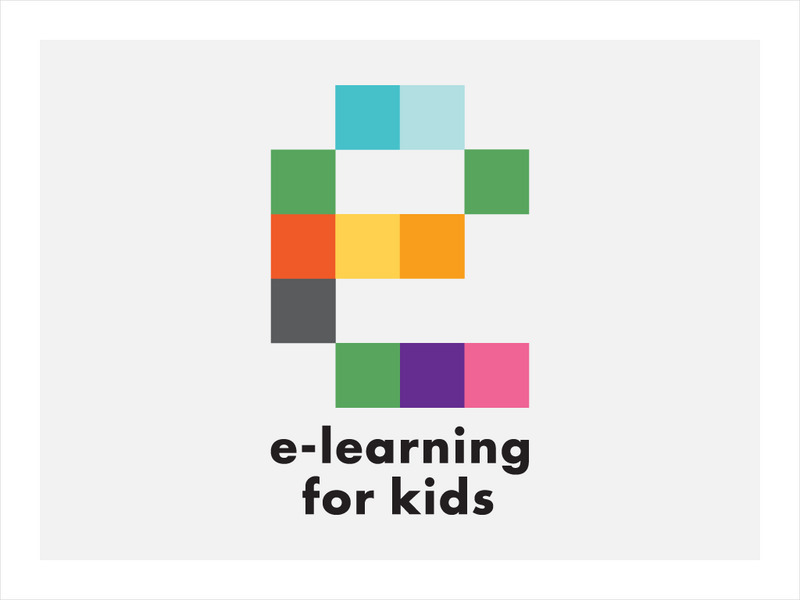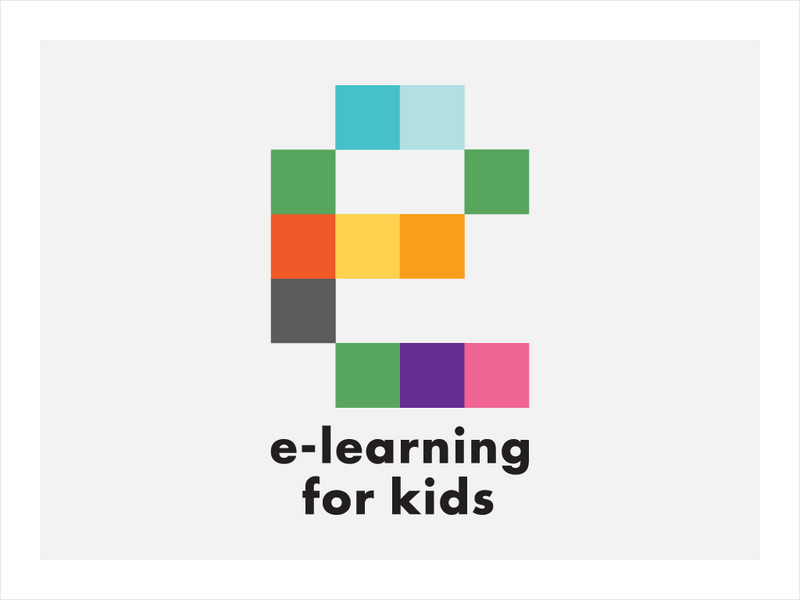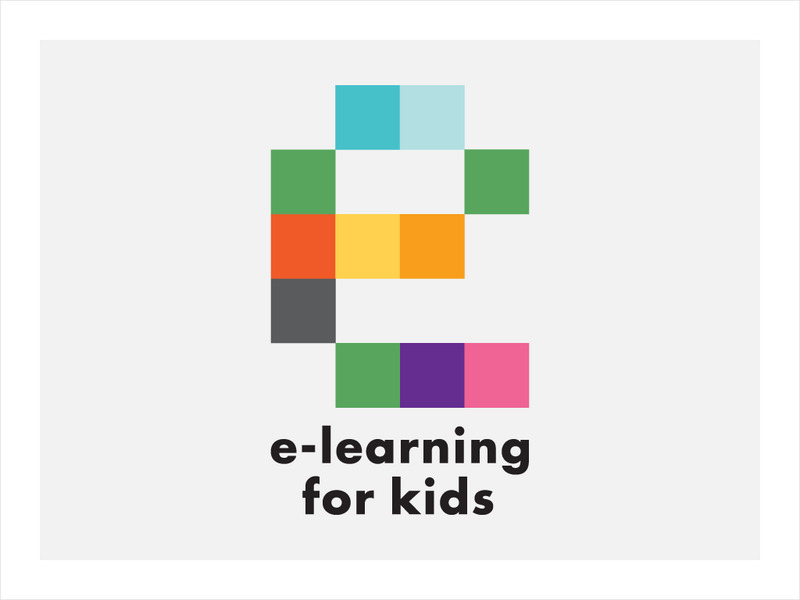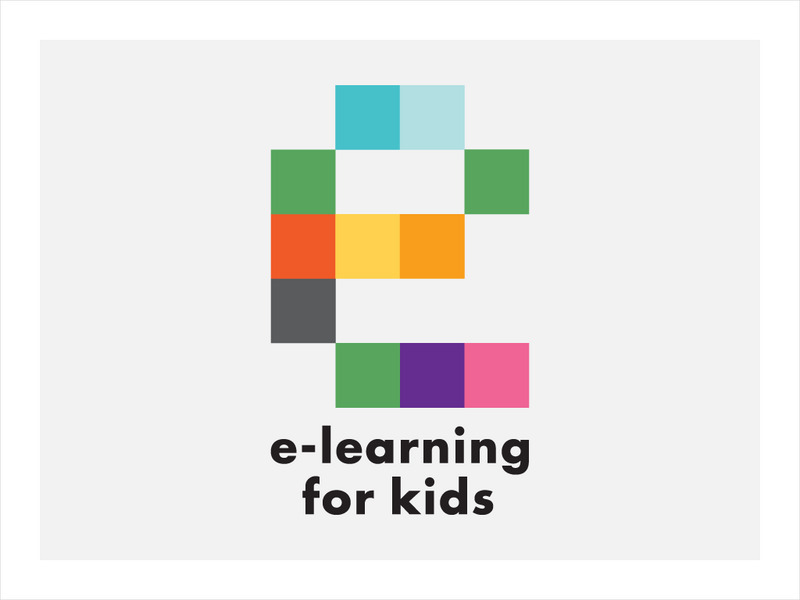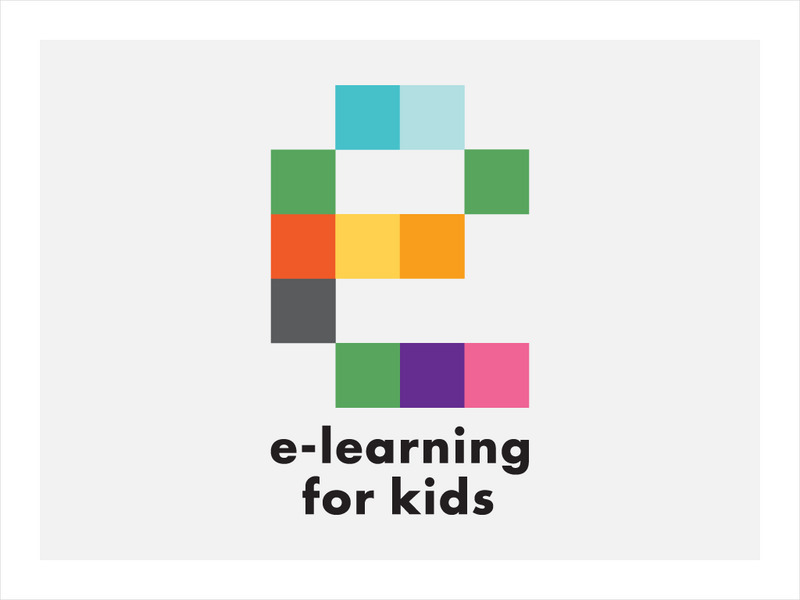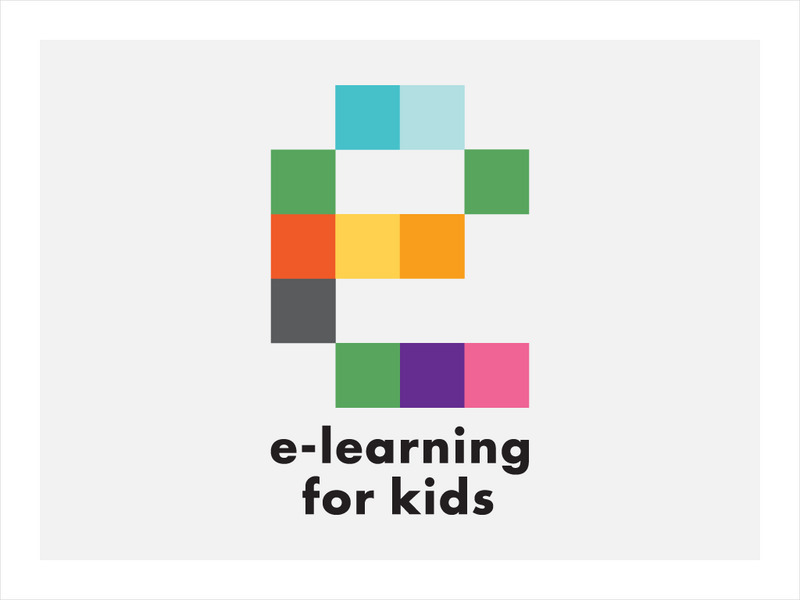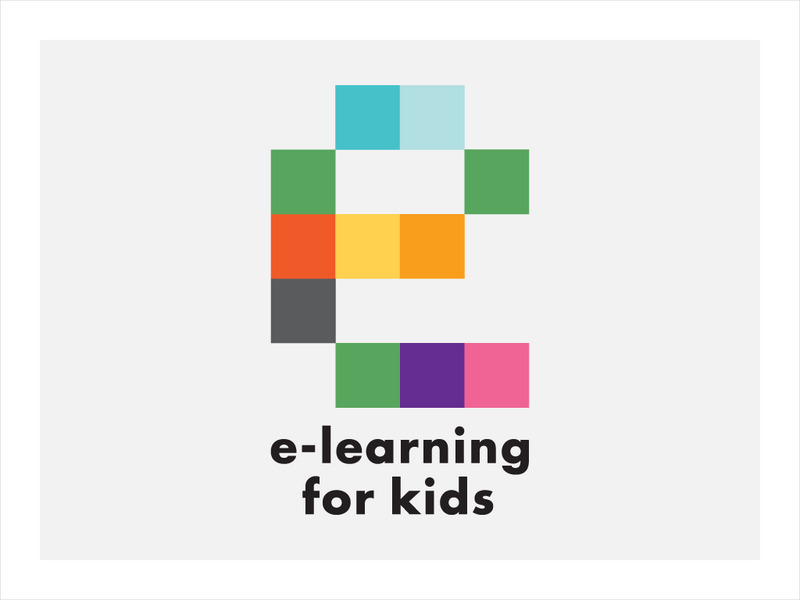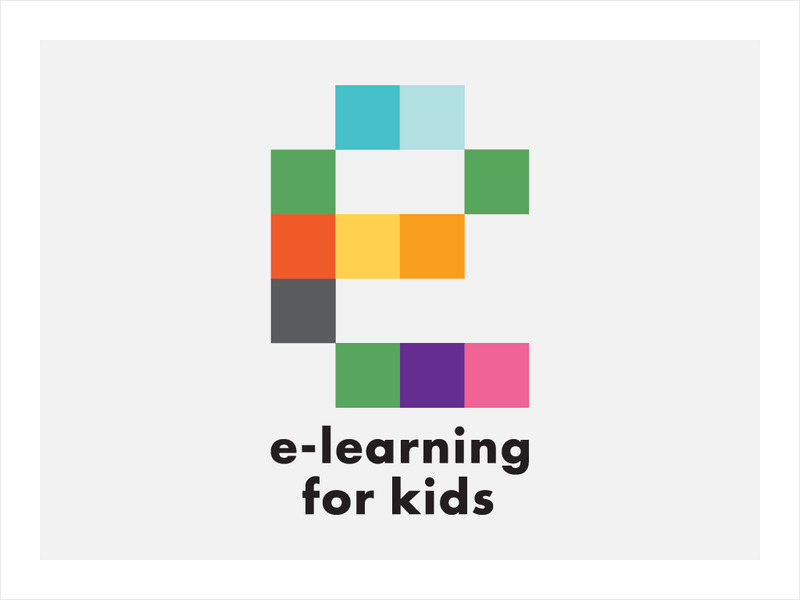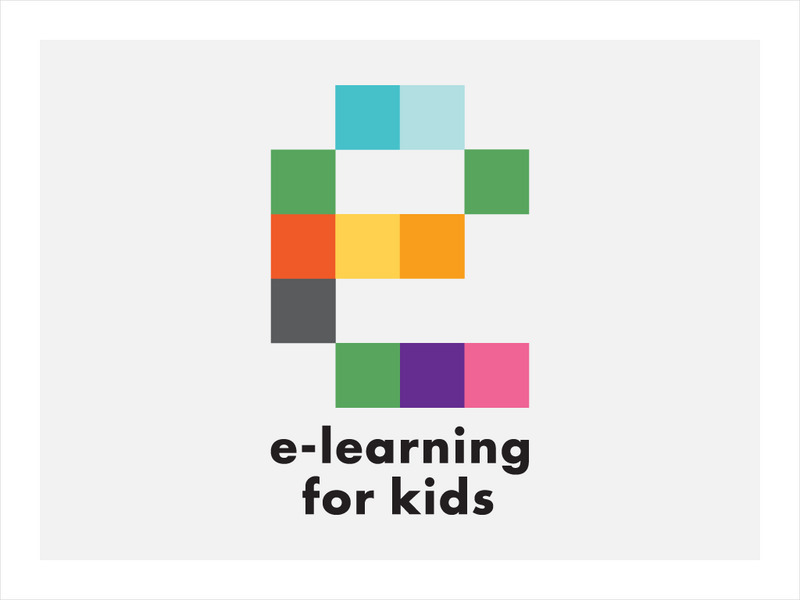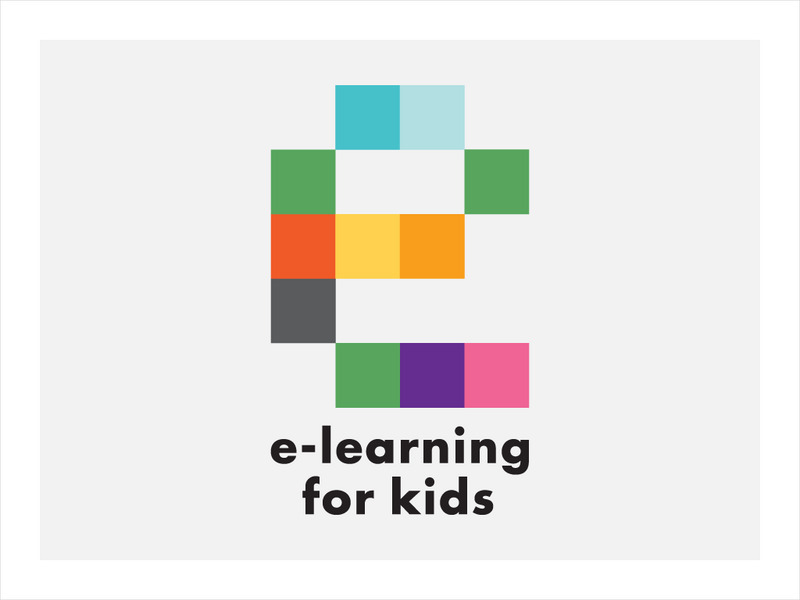E-learning for Kids
E Learning for Kids: Science: Denmark: How Does Light Help Us See Things?
Isabella and Amalie are in Copenhagen, and they saw a periscope in the water. Join them, and find out what this is all about. This module discusses how to use a periscope, what light sources are, and how light impacts shadows.
E-learning for Kids
E Learning for Kids: Science: Nova Zembla: Why Do We Need Plants?
This module explores how plants help animals survive. Bobby is a scientist on Antarctica. He discovers many amazing uses of plants. Join him and help him learn.
E-learning for Kids
E Learning for Kids: Mediterranean Sea: How Long Does It Take for the Earth to Go Around the Sun?
Learn about the Earth's revolution and rotation in this module.
E-learning for Kids
E Learning for Kids: Science: Egypt: What Can Forces Do?
A learning module reviewing how much force is needed to push or pull objects. Also learn about the force of gravity.
E-learning for Kids
E Learning for Kids: Science: Vikings: How Do Plants Grow?
Olaf the viking is learning about the life cycle of plants. Help him tend to his garden as he learns.
E-learning for Kids
E Learning for Kids: Science: Atlantic Ocean: Day and Night
This module explores day and night. Learn about what we see during the day and night and why we see what we see.
E-learning for Kids
E Learning for Kids: Science: Indian Ocean: What Kind of Natural Forces Do We Recognize?
Learn about forces (push or pull), gravity, and friction in this module by training dolphins.
E-learning for Kids
E Learning for Kids: Science: Easter Island: What Can We Find in a Pond?
Explore Easter Island in this module to learn about the animals and their habitats.
E-learning for Kids
E Learning for Kids: Science: Cyprus Dancing School: How Can We Separate Insoluble Solids From Liquids?
This module gives a few techniques of how to separate mixtures.
E-learning for Kids
E Learning for Kids: Science: Antarctica: Describe the Life Cycle of Stars
Discover the stars with Peter. At his mom's research center, help Peter learn constellations and learn about characteristics of stars.
E-learning for Kids
E Learning for Kids: Science: Antarctica: What Is Position and Reference Point?
With all the snow and ice in Antarctica, it's easy to get lost. Help Tim find his way using a map and a compass.
E-learning for Kids
E Learning for Kids: Science: Antarctica: What Is Distance?
Help curious Matt find out everything there is to know about determining distances.
E-learning for Kids
E Learning for Kids: Science: Antarctica: How Can We Hear Sounds?
James lives on Antarctica and loves the unique sounds he hears there. He is curious to know how it is possible that we hear sounds. Join him to help figure this out.
E-learning for Kids
E Learning for Kids: Science: Antarctica: How Are Sounds Useful to Us?
Paul is a researcher on Antarctica. The topic of his research is sounds. Identify which objects make sounds, and learn to recognize different sounds.
E-learning for Kids
E Learning for Kids: Science: Antilles: Human Body: How Do I Keep Myself Healthy?
Isabella is a diving instructor, but she has a lot of dirty students. Help her keep her students clean and healthy.
E-learning for Kids
E Learning for Kids: Science: Antilles: How Can We Classify Animals?
Naomi teaches diving and meets all kinds of animals underwater. Join her and learn about grouping animals.
E-learning for Kids
E Learning for Kids: Science: Arctic Ocean: What Are Conductors and Insulators?
Visit Vlad and learn about the properties of conductors and insulators, and what materials are used for them.
E-learning for Kids
E Learning for Kids: Science: Arctic Ocean: How Can We Change Materials?
Join Jacob on the Nova Zembla Expedition, and help him use suitable materials for building his house.
E-learning for Kids
E Learning for Kids: Science: Atlantic Ocean: What Is Evaporation?
Explore with Julia how wind speed and temperature affect evaporation rate.
E-learning for Kids
E Learning for Kids: Science: Atlantis: Defining Seasons All Over the World
Discover the seasons together with the ancient Greek philosopher Plato. Did you know it is summer on Atlantis when it is winter in Australia?
E-learning for Kids
E Learning for Kids: Science: Australia: How Do Environments Affect Living Things?
Noah lives near the Great Barrier Reef. Go explore this diverse habitat with him.
E-learning for Kids
E Learning for Kids: Science: Australia: Senses: Observation of Unfamiliar Things
Join Sophie in her snorkeling shop from where she explores the Great Barrier Reef. Help her use her five senses to sort the items in her shop.
E-learning for Kids
E Learning for Kids: Science: Bermuda Triangle: How Are Animals and Humans Similar to and Different From One Another?
Paula has landed on an unknown island. She learns a lot about all the different animals on this island. Join her and learn with her.
E-learning for Kids
E Learning for Kids: Science: Bermuda Triangle: How Is Energy Transferred Between Organisms?
Bermuda is a mysterious place. Meet Scotty and his family and join them on their holiday to learn about energy transfer in ecosystems.



